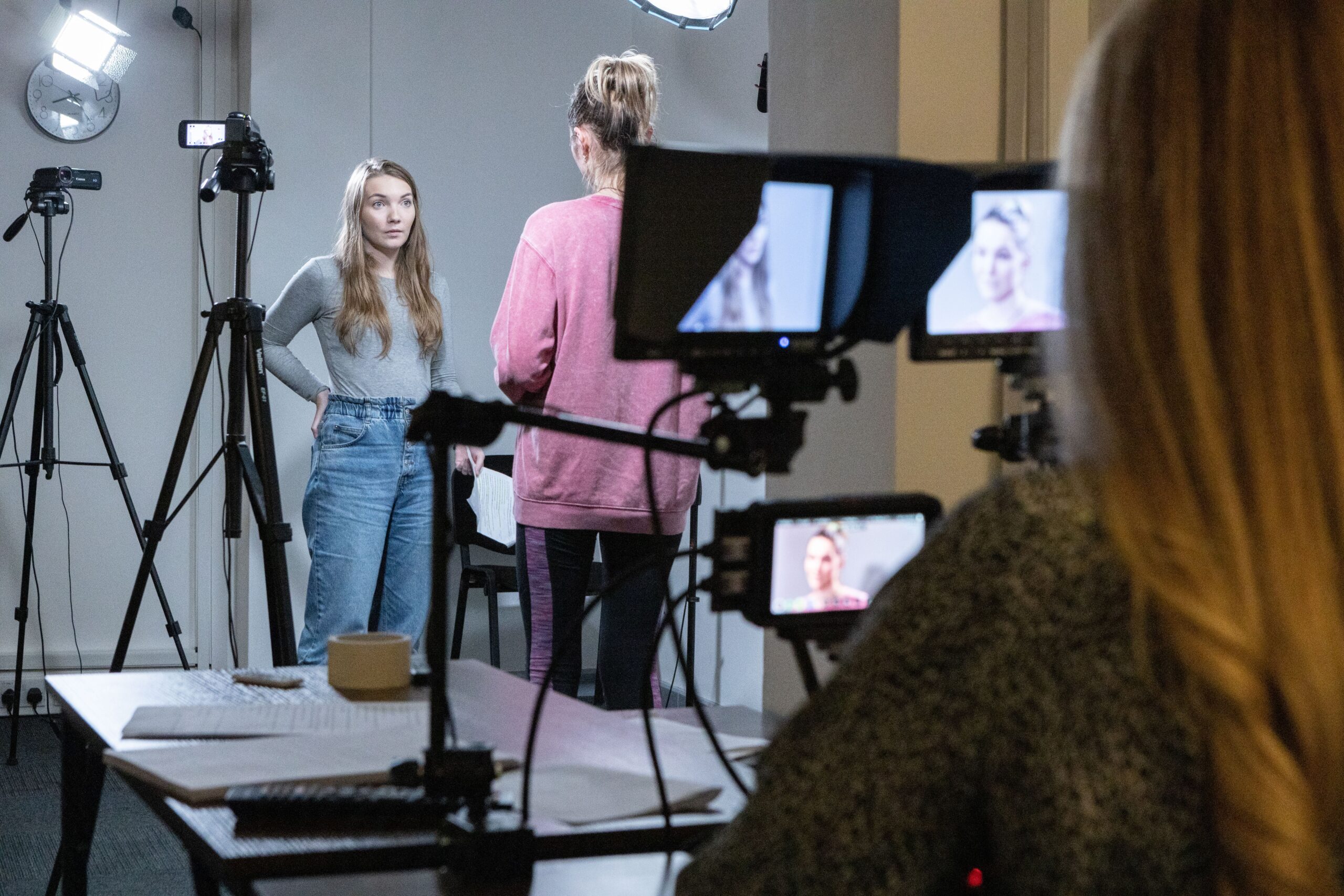In recent years, there has been a trend for big Hollywood names to turn their hand to stage acting. Stars such as Hugh Jackman, Gemma Arterton, Emma Stone, and Nicole Kidman have all made the successful transition from the big screen to the famous theatres of London’s West End or Broadway.
Of course, it is sometimes the case that a well-known star of the screen learnt their trade treading the boards before moving on to take up high profile film or TV roles. Whichever career path an actor may have followed, you will find that acting for stage and screen demands different skill sets. Here’s a closer look at the techniques involved.
The art of expressing yourself
When you are acting, you are not just communicating through speech, but also through facial expressions and body language. When you are in a theatre, this will require a certain amount of exaggeration so that the audience can clearly see the gestures.
However, when you are acting with cameras, more subtle and controlled gestures are required because of the close up nature of the scene. Stage acting can appear overcooked when translated into film. It’s possible to learn these two techniques side by side, or you may just prefer to concentrate on one, depending on your future career ambitions.
The vocal point
When you are speaking in a theatre, it’s essential to be able to project your voice so that the people in the back row of the audience can hear you. It’s definitely not an environment for whispering and mumbling.
This is not just about shouting as loud as you can, but learning how to control the volume and diction of your speech through breathing, correct posture, and lots of practice…remember that in a live performance it has to be right the first time!
Acting for the camera also requires clear and controlled diction, but there’s more opportunity for nuance and moderation of tone. Every sound you make will be picked up, so it’s all about capturing the precise emotions and working with the intricacies of the screenplay. While it’s still important to learn your lines, you can do multiple takes if you are not right the first time.
A question of timing
A stage performance takes place in real time, so an actor has to be constantly on their toes to cover up for inevitable mistakes that happen in live performances. The same performance must be delivered with freshness and energy for several consecutive showings, which can be very demanding mentally and physically.
A film obviously allows for more flexibility and mistakes can be corrected. However, some actors thrive off the emotional connection with the live audience and find the more isolated film set a more challenging experience. Scenes may also be filmed out of sequence, requiring actors to switch between intimate emotion and loud action in a few hours.
Both stage and screen acting holds unique charms and challenges, and as your acting skills evolve you will develop a clearer understanding of which format might suit you best.
If you are interested in acting classes in Liverpool, please get in touch with us today.

